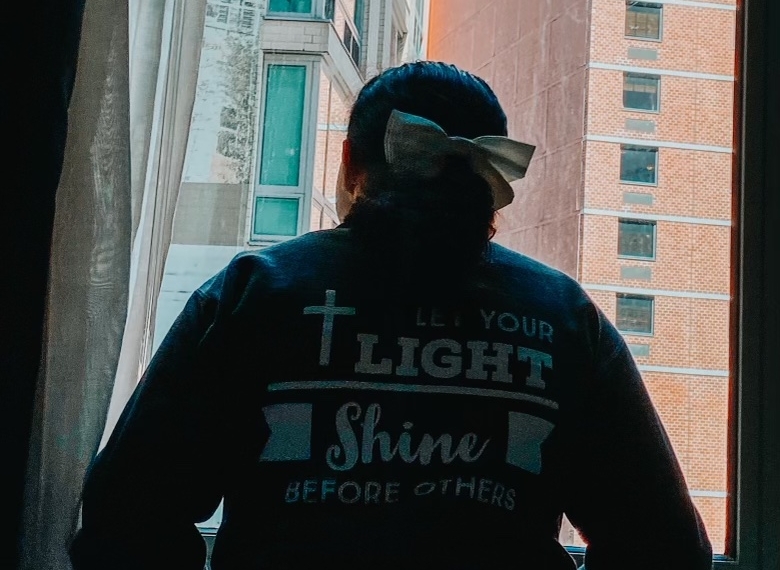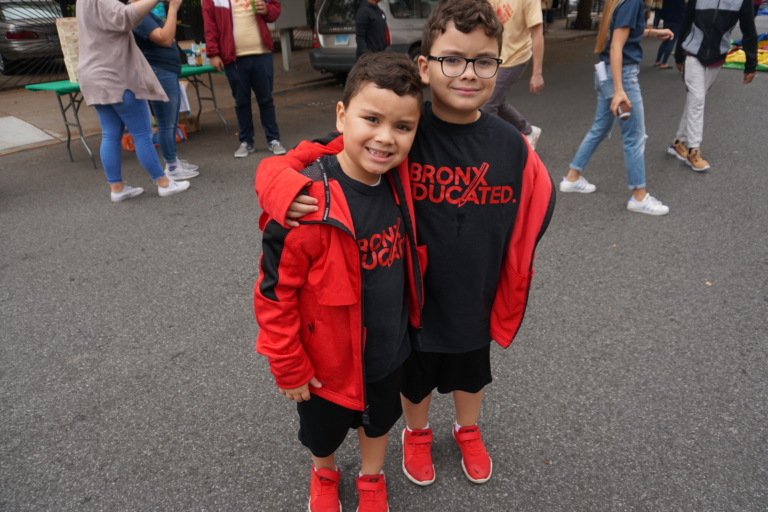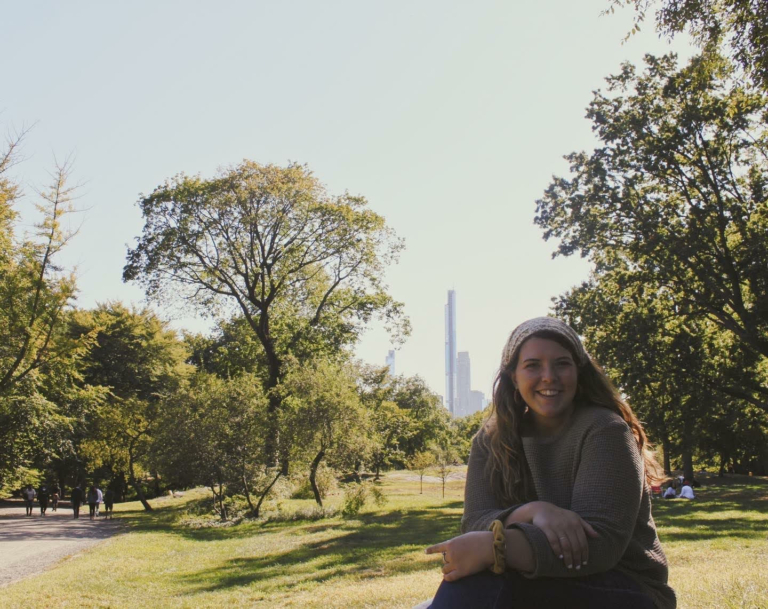From the beginning, I knew God was calling me to serve for Seton.
I was one of the last fellows to apply and get accepted into the Seton Teaching Fellowship Program. My interview process was about two weeks, and I accepted the offer on the feast day of Saint Joan of Arc. Throughout this process, there was a secure confidence that the Lord was calling me to serve the families and children of the Bronx and, more broadly, the people of New York. The classical curriculum of Brilla combined with the faith formation of the Fellowship program resonated with me so profoundly, that it would have been foolish not to accept this call to service.
When I arrived and met the other women I would be living and serving with, some voice clawed at my heart these words: “You are not enough.”
This phrase manifested itself in a variety of ways and tormented me for weeks, getting louder and louder: I didn’t study education, so I was not educated enough to be a teacher; I was introverted and reserved, so I was not friendly enough; there was a natural clash of personalities within my community, so I was not loving or patient enough; I went to public school and a highly secular public university, so I was not “Catholic” enough (whatever that means). I was not enough, and I did not have the grace to serve here. If God was calling me here, then it must have been as a form of chastisement.
And well, that voice was right. I am not enough.
But I found that my weaknesses should not discourage me, but instead redirect me to the Source of My Strength: Christ.
I had no doubts that the Lord had called me to Seton. The question was, why? Why did he bring me here when he knew that I was not prepared for this, that I lacked all these things?
God decided that his little laborer should be brought to the ample and fertile lands of New York to plant her seed—that is, she should fulfill the call of Christ in Matthew 9:35-8: “The harvest is great, but the laborers are few. Pray, therefore, that the Lord of the harvest may send forth laborers into his harvest.”
I am a small seed for the Lord. However, I can either consume my seed or plant it.
I can consume my seed, and submerge myself in pity, anger, and resentment against my sisters in Christ, to collapse in on myself and receive the momentary pleasure of selfishness. Oh! They do not deserve that, not when their hearts are just as full of love for the Lord as mine is. As full of anxieties and faults as mine is.
I can plant my seed, where it will be suffered, crucified, and buried into the fire of the earth. Yet, soon enough this seed is purified by the same fire it was plunged into. The seed will be reborn and receive a new identity not as a seed, but as a tree that will bear much fruit. Consuming the seed only satisfies one, but planting the seed satisfies many.
This spiritual battle that took place in my soul, a battle that no one else saw, is now the armor I don as I formally begin my year of service at Brilla Caritas.
Caritas, in Latin, translates directly as charity. But at the heart of the word, Caritas means love, a love that is freely given without expecting anything in return, without drawing attention to itself. It is a love that suffers willingly and joyfully, it is a love like Christ.
How fitting that I should be teaching at a place where I will be united with Christ in his two natures: his divine love and his human suffering. I will be working at love, in love, and with love. To love what is in front of me, because they are the image of Christ.
God did not call me because I was qualified, but he will qualify me because I was called.
Giana Castelli is a Cohort 8 Seton Teaching Fellow serving at Brilla Caritas Elementary School in the North Bronx. She is a New Jersey native and Graduated from Rutgers University with a Bachelor’s in Political Science and English.



